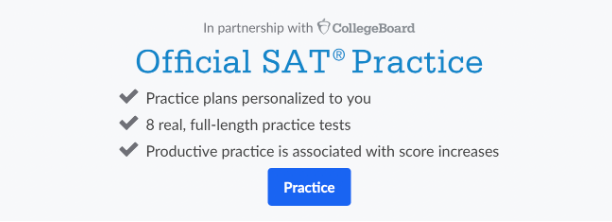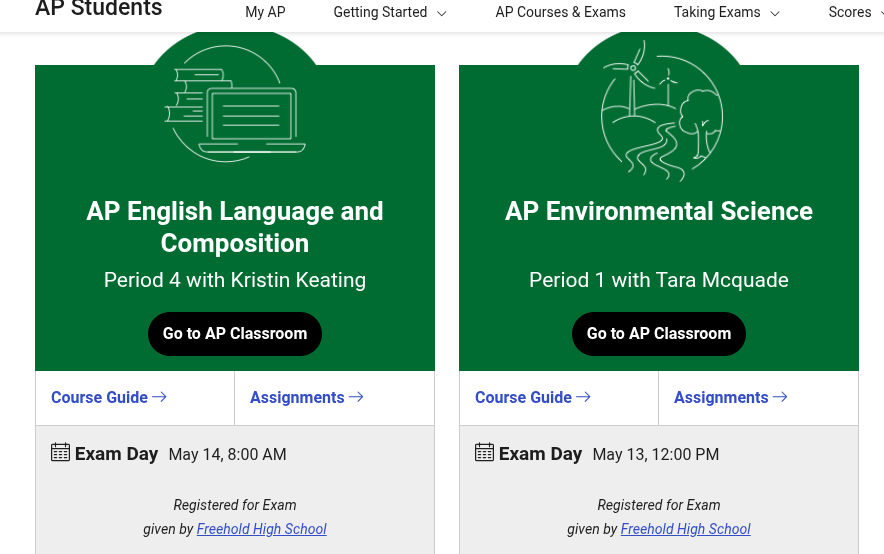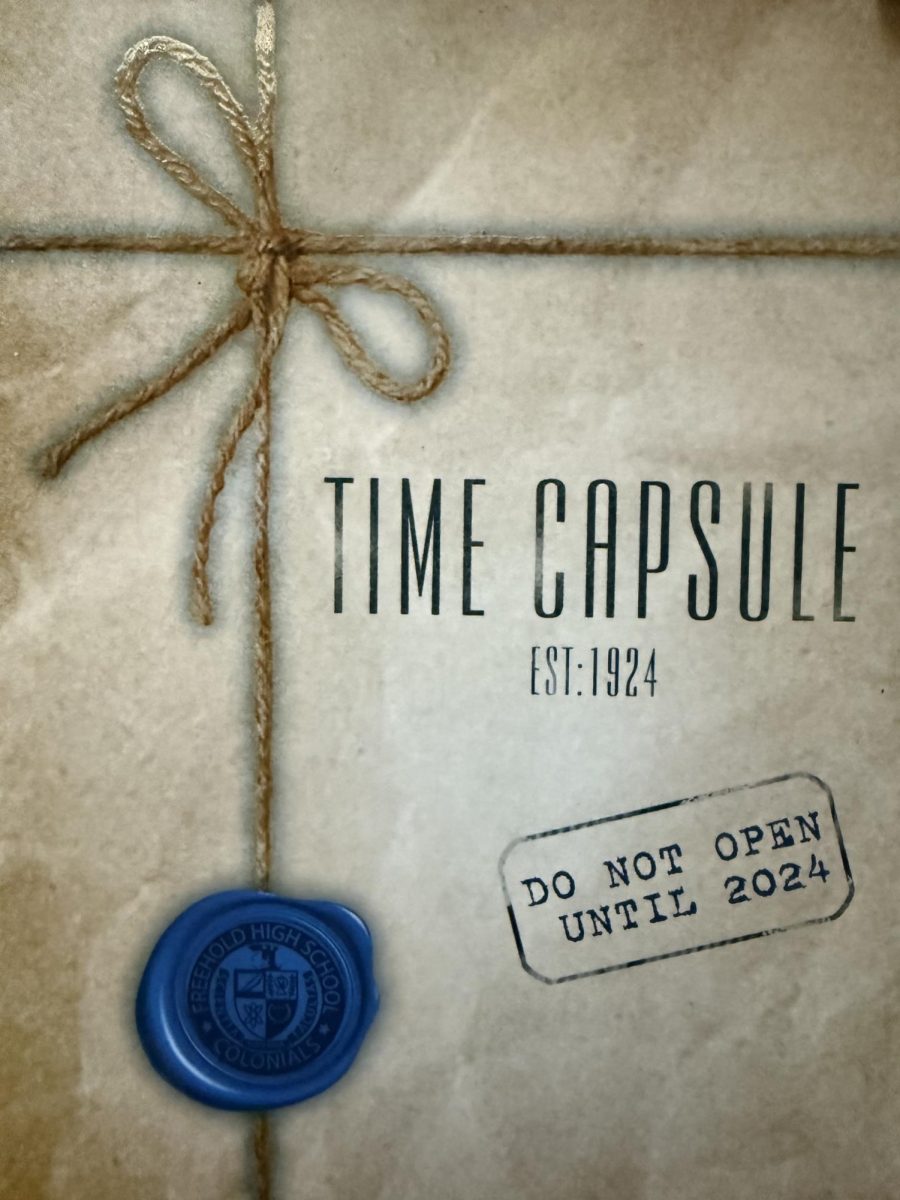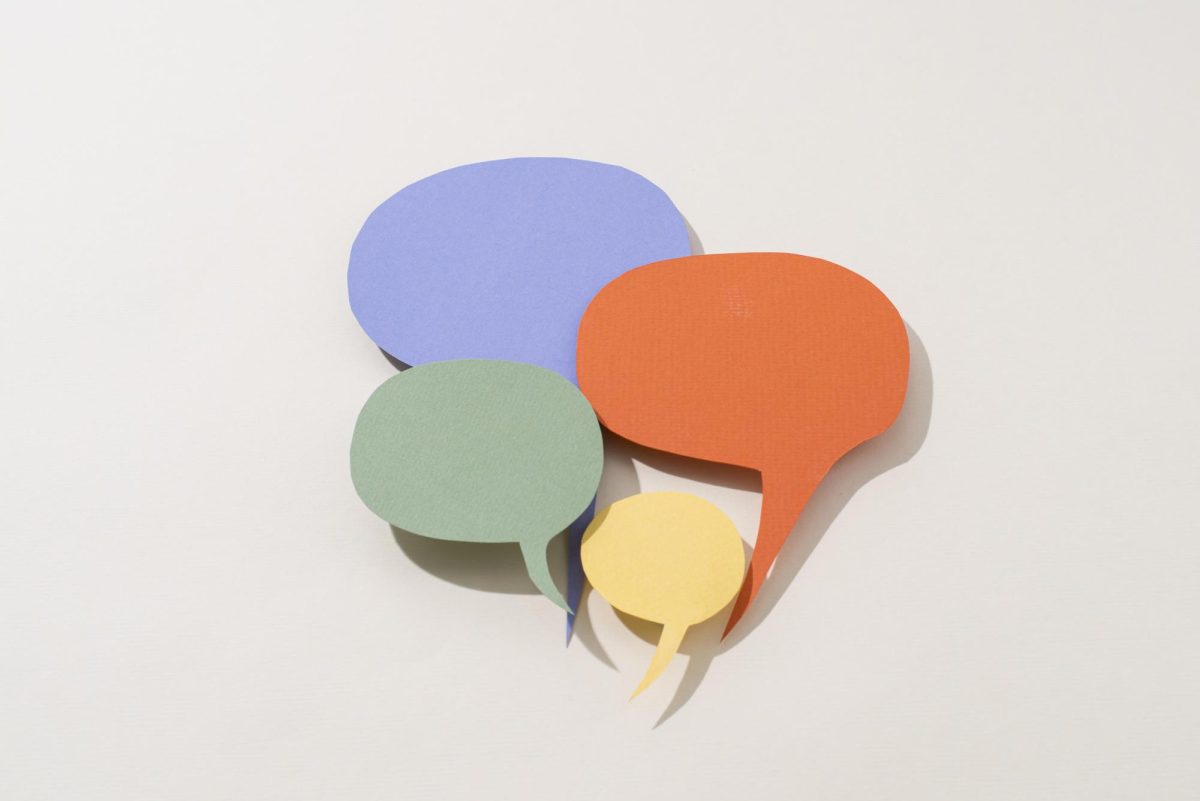The May 3rd SAT is coming up quickly! For many juniors, this is their first or second SAT. Here is how you should be spending your last few days so you can score your best!
Tip 1. Take a Practice Test
CollegeBoard’s official app has 6 free practice tests for you to take. These tests have the same pacing and question types as the real SAT, so they are the best way to practice taking the test and find your weak areas. It is best to spread out your practice tests so you can study and improve between them. Therefore, I wouldn’t recommend taking more than two tests before May 3rd at this point. Taking too many in a short time frame may also cause burnout and worsen your performance on the real test.
Tip 2. Review Mistakes
After you’ve taken a practice test, you’re able to see every question you got wrong. Go through each incorrect question and figure out why you got it wrong and how you’ll avoid doing the same in the future. You can likely see a similar question on the real SAT.
Tip 3. Improve on Weak Areas
The practice test results also show you which content domains you performed the worst at. For instance, it might say you scored well in Geometry but did poorly in Standard English Conventions (Grammar). Knowing these things is key to improving your performance on the real test. Using these results, you can take advantage of Khan Academy and the Official CollegeBoard Question Bank to learn the content in those domains and practice questions relating to it. The CollegeBoard has been known to pull question types or even reuse exact questions from the Question Bank, so that is likely your best resource for improvement.
Tip 4. Strategize your studying
This close to the test, it is very difficult to improve on subjects like vocabulary or reading comprehension. These are subjects that take repeated practice over time – there’s no way to improve on them in the short term. At this point, you should focus on improving on all the Math questions and all the Grammar questions. These can quickly be improved upon and boost your score greatly.
Tip 5. The day of and the night before
You should do minimal studying the night before. There is very little that can be improved upon in the few hours before you go to sleep (which should be early!), so it is best to spend at most an hour brushing up on some key concepts. Afterward, you should focus on staying as calm as possible. Try to get to bed early so you can get a full eight hours of sleep.
On the day of, it is best to stay as calm as possible. Nervousness only causes you to make mistakes. Realize that this is just a test, and it can be retaken as many times as needed (there’s no shame in not getting a good score on the first try). Make sure to eat a healthy breakfast on the day of and get to the test center early! Good luck!







